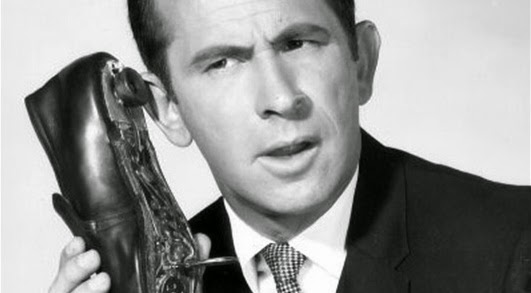
Commonly in cases involving children's living arrangements, a parent will ask his or her family lawyer if he or she can record a private telephone conversation with the other parent and use this as evidence in court.
The reason for this is obvious: surely the judge, who will ultimately decide the case, will be interested to learn that one parent has been rude or even abusive during, for example, a telephone call?
Is it legal to secretly record conversations?
In Australia generally, it is illegal to secretly record a telephone conversation. It is only legal to do so where you have the consent of the other party to the call. At the federal level, this is set out in the Surveillance Devices Act (2004).
At the state level, and particular to South Australia, this principle is set out in the Listening and Surveillance Devices Act (1972).
If a conversation has been secretly and illegally recorded, can it be used as evidence?
Sometimes, a parent will present his or her lawyer with a recording of conversation that has clearly been recorded without the other parent's consent. The question is often asked of the lawyer: can this recording still not be used as evidence? And: even if the recording is illegal, will the judge still not wish to know what is contained in the recording, because it is useful?
If the other parent has implicitly or expressly given consent for the conversation to be used, then it will be admissible as evidence.
If the other parent has clearly not consented for the conversation to be recorded, then it must be shown by the recording party that the recording party needed to record the conversation to stop serious and immediate harm from occurring (or damage to property).
This is a question of evidentiary value. The judge will weigh up what is shown by the recording against the public interest in upholding the principle that conversations not be secretly recorded. In doing this, the judge will consider the fact that the party who is recording the conversation is on his or her best behaviour and will often be attempting to catch out the other party. The judge will also consider the fact that the party recording the conversation has likely acted illegally, and this may have an impact upon the views the judge forms in relation to that party's character.
